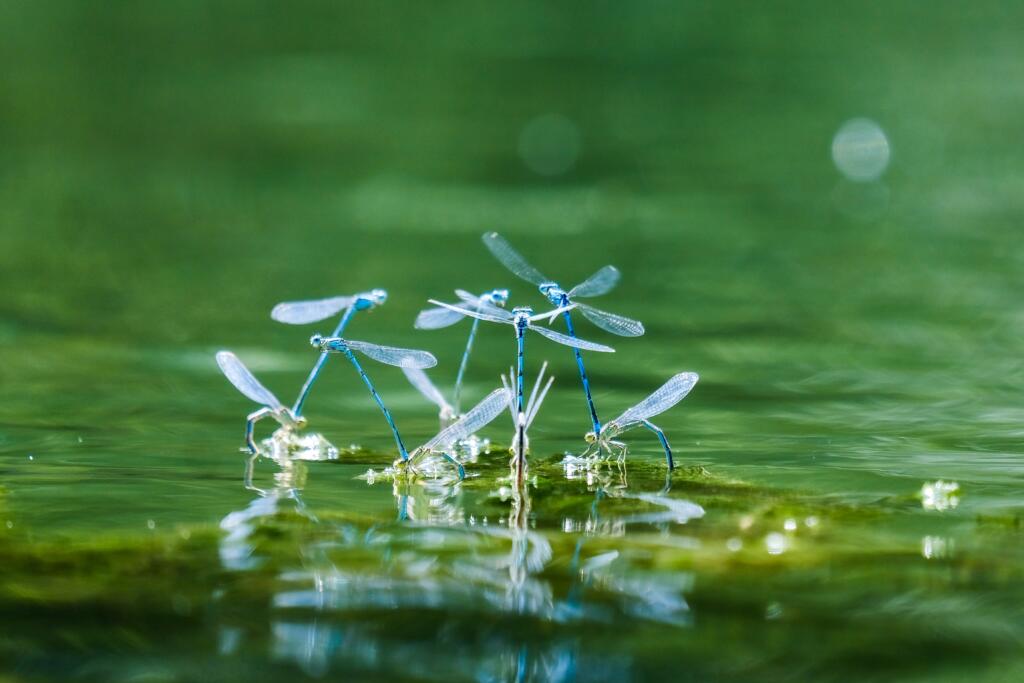
Summertime at the lake means a lot of things — swimming, boating, hiking, and other favorite outdoor activities. But one of the least enjoyable aspects of lake life is coexisting with outdoor creatures. We’re not talking about elk, ducks, and other wildlife you’re trying to spot — we’re talking about pesky lake insects. While it’s useful to remember bug spray and other strategies to keep insects away, it’s also helpful to identify these pesky bugs. After all, it’s hard to know which bugs to stay away from when you aren’t sure what they look like! Plus, with more skin exposure during the summer months, you may be even more vulnerable to these (often bloodthirsty) bugs. Today, we’ll be going over various types of annoying insects at the lake — and what to do if you see them!
Mosquitos
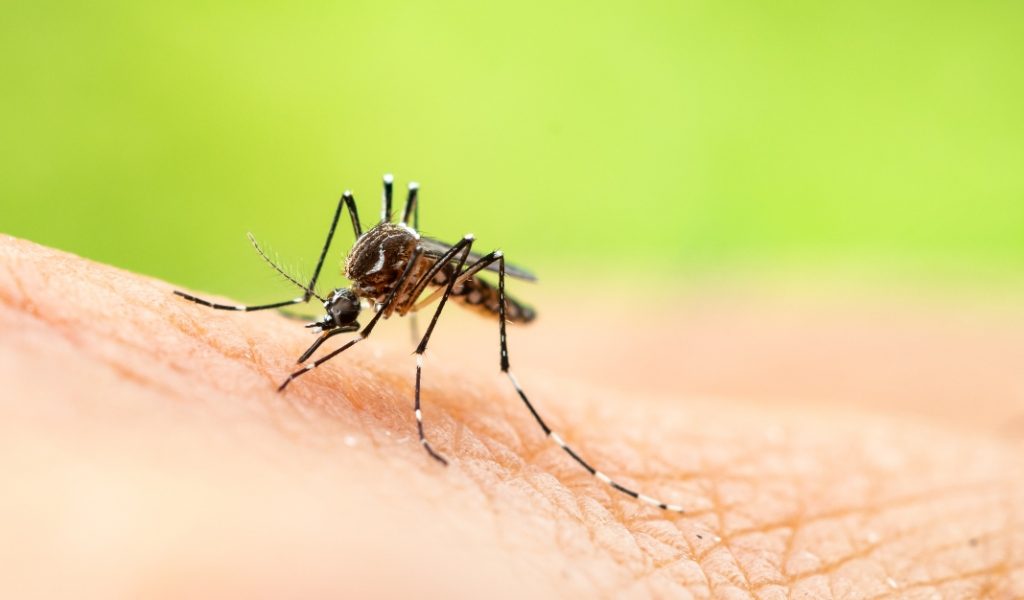
Raise your hand if you’ve ever had a mosquito bite on the lake. That’s all of us, right? According to the CDC, mosquitos love the water because that’s where their larvae and pupae (young, developing mosquitoes) live. Not to be confused with gnats (which are generally harmless), mosquitoes are not lake insects to be messed with. Because mosquitoes thrive on blood, when they land on you, they leave painful, itchy bites. They can also spread diseases, such as the organisms that can pass heartworm disease to dogs. To keep the mosquitoes at bay, be sure to apply bug spray correctly each time you go outside, especially during the summer.
Horse Flies
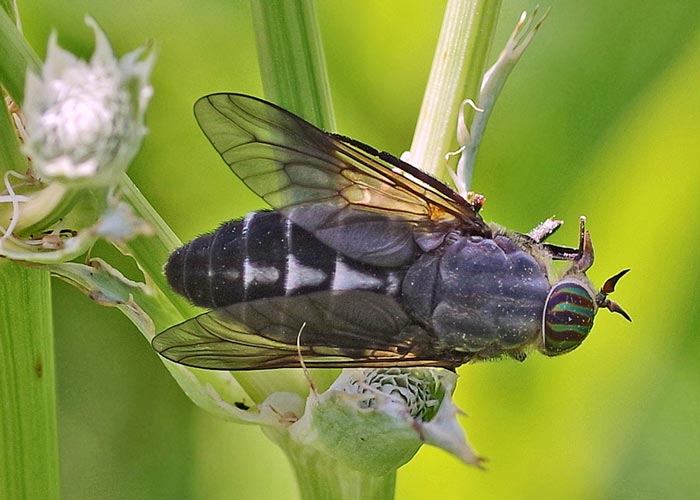
Like mosquitoes, horse flies are also constantly in search of blood. These fast-flying lake insects are commonly found around bodies of water such as streams, ponds, and lakes. There, they most often prey on animals, spreading animal diseases such as anthrax, trypanosomiasis, and tularemia. Although horse flies get their name from their livestock-preying reputation (especially horses, since they’re attracted to movement), they can bite humans as well. This is especially true during the summer when they require more blood during mating season. To steer clear of horse flies, be sure to keep garbage containers or other areas of animal waste sealed tightly.
Ants
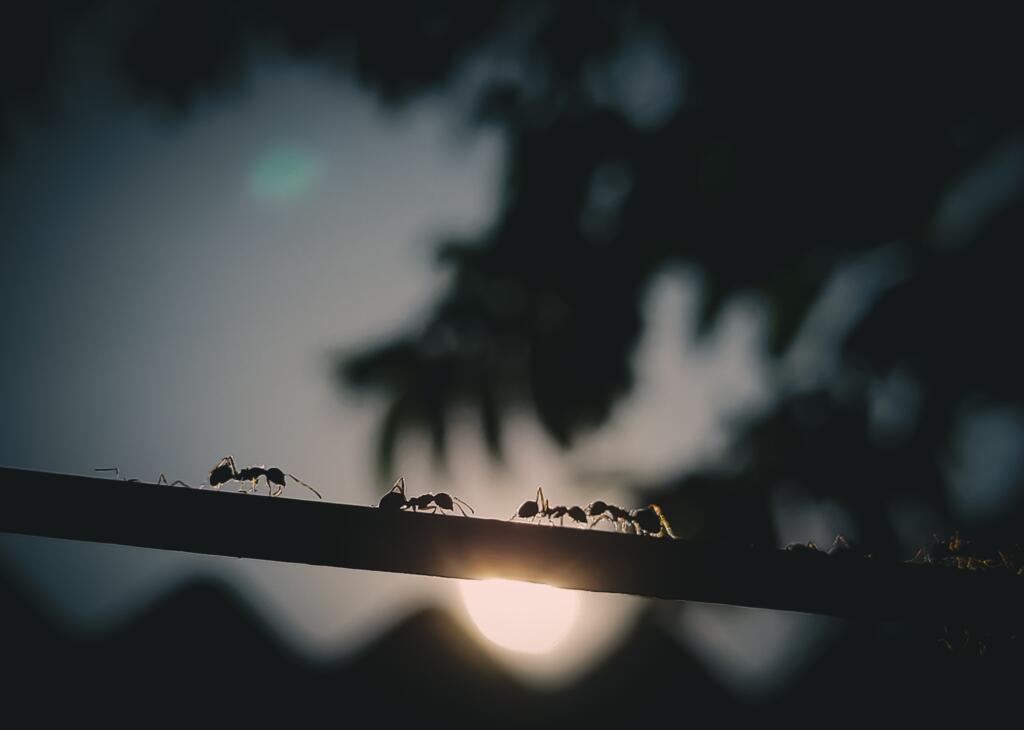
Although ants are not only a lake house problem, dealing with these insects is almost synonymous with summer lake life. From the front porch to the backyard to the boat dock, ants are everywhere. Some are harmless and some can be dangerous, but because there are over 12,000 known species of ants, it’s hard to generalize. In the absence of clarity, a good rule of thumb is to let them be. For example, running around barefoot outdoors is never a good idea due to the risk of fire ants. And when picnicking by the lake, be sure to keep all your containers tightly sealed to avoid some ant visitors.
Cockroaches
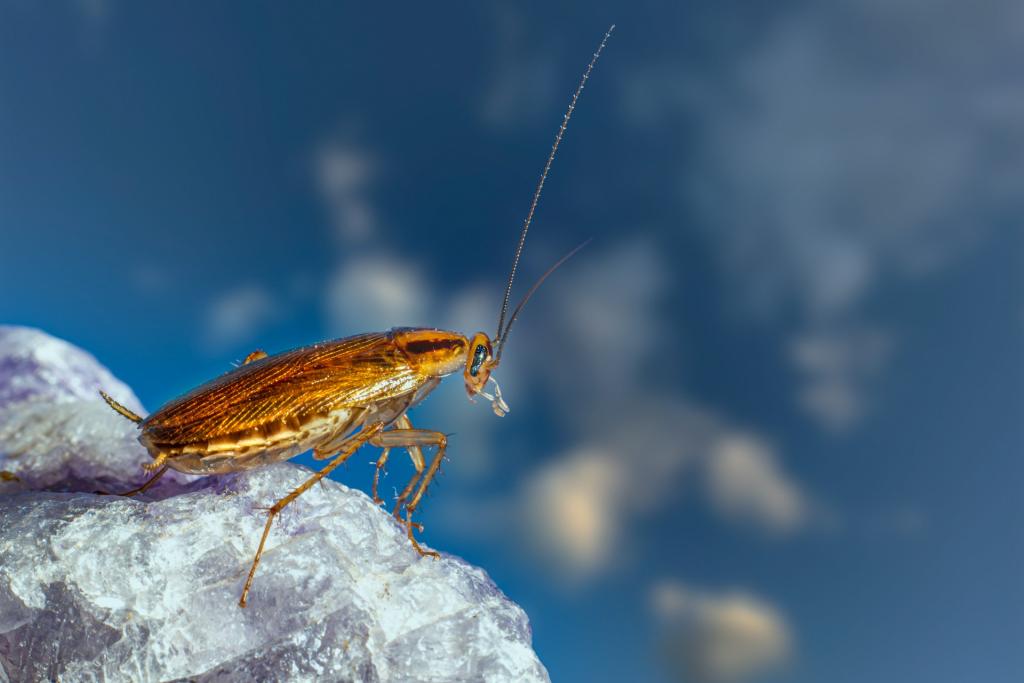
Although they’re definitely grotesque for those of us who are squeamish, cockroaches are typically harmless lake insects. However, in some people, they can cause allergic reactions. When in doubt, it’s best to stay away. At your lake home, the best protection against cockroaches is proper hygiene. Keep your house relatively tidy, clean up food messes, and store leftovers in the fridge. This is especially important to remember if your lake house is a second home. The last thing you want upon returning to your vacation house is a group of unwelcome guests.
Bees and Wasps
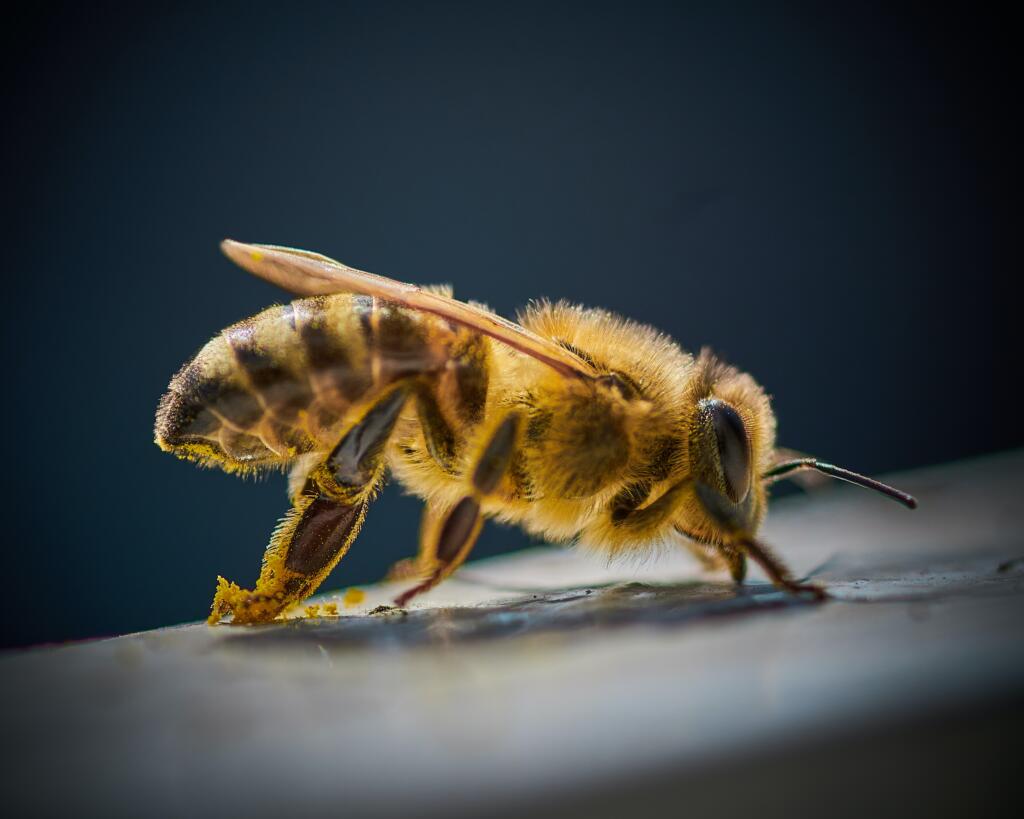
What’s that buzzing sound? If you’re spending time outdoors at the lake, chances are, it’s a honey bee or bumble bee. In particular, these bees like to hang out by any flowering plants near the water. As most of us know, when threatened, bees can cause a painful sting. The same is true for wasps. However, these winged insects tend to be more aggressive than bees. Plus, if you’re allergic to their venom, the response can be excruciating. To get rid of wasps (and similar lake insects like hornets and yellow jackets), use a DIY or store-bought spray or hire a professional.
When it comes to lake insects when in doubt, stay away! And of course, before running out to the lake, bring your bug spray and remember to clean up your picnic.

